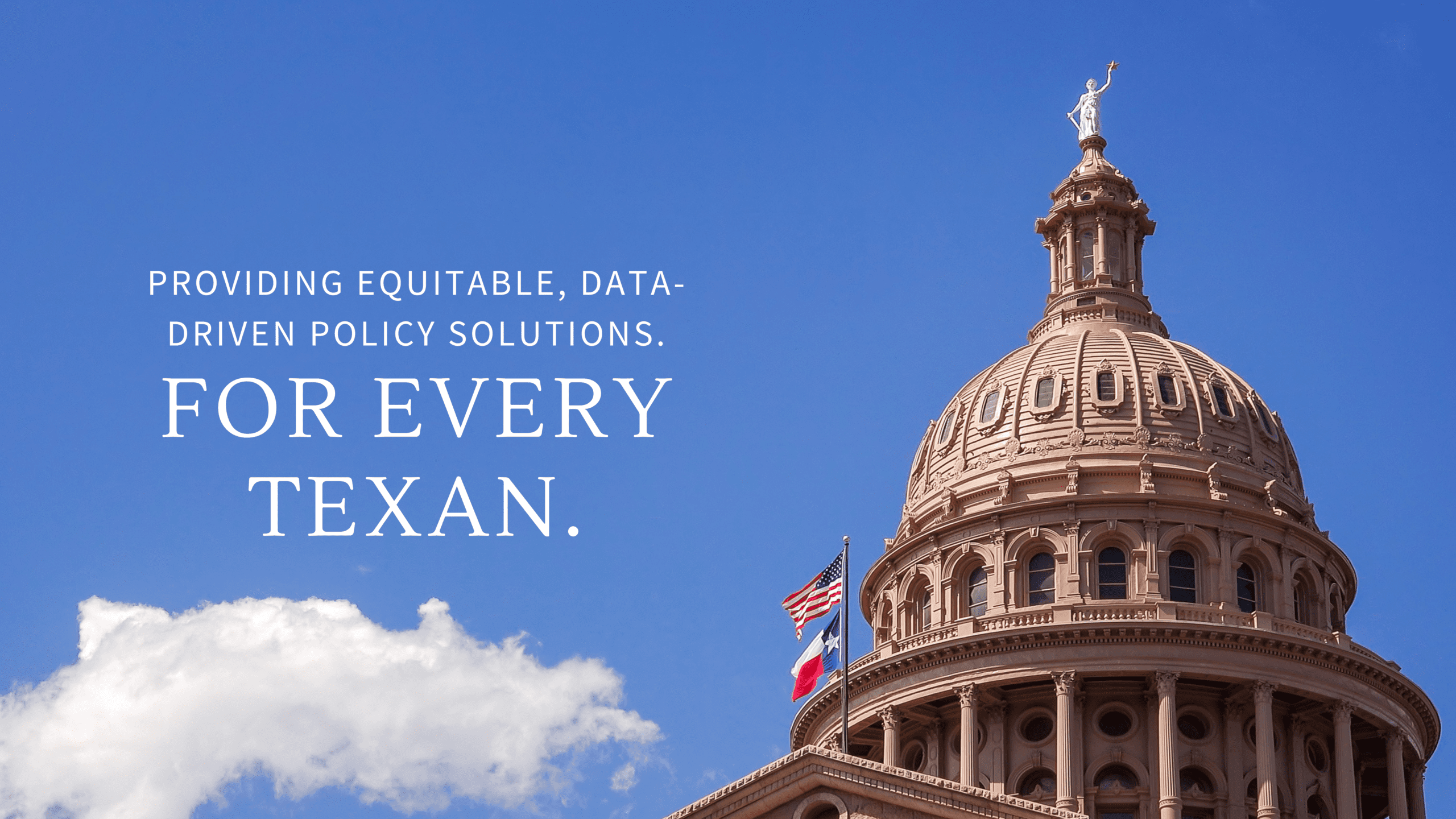The Census Bureau has released national estimates for undercounts and overcounts in the 2020 Census. The results show populations that have historically been undercounted, such as children and Hispanic, Black, and Native American communities, continued to be undercounted in the 2020 Census. The Census Bureau plans to release state-level data on undercounts and overcounts this summer.
The 2020 Census had the largest undercount of young children ages 0 to 4 compared to any other census since 1970. Young children are often undercounted because they are more likely to be in complex living situations, and many parents do not know that children are supposed to be counted in the Census. The pandemic further impacted the count of young children by delaying data collection, disrupting the living arrangements of many families, and forcing organizations (such as child care centers and community organizations) that typically provide resources about the Census to close.
Hispanic and Black children are most likely to be undercounted due to systemic racism. In 2010, young Hispanic and Black children had higher undercounts compared to non-Hispanic white children. Preliminary data suggests that this gap increased in 2020. While Black, Hispanic, and Native American communities were all undercounted in the 2010 Census, the Census Bureau found that the Hispanic population had a statistically higher undercount of almost 5% in 2020 compared to 1.5% in 2010.
An undercount affects more than just redistricting. Census data is also used to allocate federal funding to states. Over 300 federal programs use Decennial Census data to distribute funds. An undercount means that communities will not get the federal funding they need for public health care, housing, schools, child care centers, and other social programs. In other words, the Census plays a part in determining whether Texans are able to:
- Send their children to well-funded schools;
- Access emergency services and life-saving medical care;
- Live in affordable housing;
- Access affordable child care;
- And more.
An undercount of our state’s population by just 1% could mean a loss of $300 million in federal funding. Texas will likely see the effects of Census undercounts over the course of the next decade. Among those most impacted will be children and Texans of color.
When children are undercounted in the Census, they are harmed for the next decade. Texas will lose billions of federal dollars for programs crucial to childhood development, such as Medicaid, the Children’s Health Insurance Program (CHIP), Head Start, the Supplemental Nutrition Assistance Program (SNAP), child care subsidies, Early Childhood Intervention, Title I, and school meals.
Leading up to the 2020 Census, Texas state officials took little action to promote the Census. In response, Every Texan partnered with community leaders and organizations to form Texas Counts, a statewide collaborative effort that worked to ensure all Texans were being counted in the 2020 Census (see this summarized report on how Texas prepared for the 2020 Census). As we approach the 2030 Census, there are things all of us can do to help ensure all Texans are counted. To prepare for an accurate and fair count in 2030:
- State officials can create a State Complete Count Committee, allocate funding to Census count efforts, and start mapping out a plan to work with local governments, community organizations, and businesses to engage communities.
- Community-based organizations can create a plan to engage coalitions and communities in the Census process through educational storytelling and collaboration.
- Individuals can contact their state and local representatives about the importance of reaching out to “hard-to-count” communities to ensure a fair count. Individuals can also encourage city and county officials to collaborate with schools, public libraries, and other community organizations to educate Texans about the 2030 Census and encourage participation.
Regardless of race, zip code, or economic status, all Texans deserve quality schools, child care, housing, transportation, and health care. When our communities are undercounted, Texas loses billions of federal dollars for programs that give Texans a better quality of life. Policymakers and community leaders must invest in ensuring all Texans, especially communities of color and children are counted in 2030.
This blog contains data visualization created with Tableau workbooks. View the workbooks in full here and here.
